Darwin Project study led by Jonathan Lauderdale finds Earth’s oceans contain just the right amount of iron; adding more may not improve their ability to absorb carbon dioxide. Continue reading Seeding Oceans with Iron may not Impact Climate Change
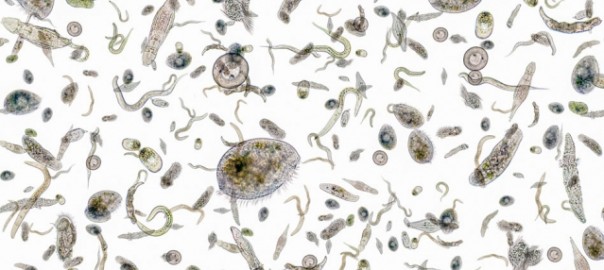

Darwin Project study led by Jonathan Lauderdale finds Earth’s oceans contain just the right amount of iron; adding more may not improve their ability to absorb carbon dioxide. Continue reading Seeding Oceans with Iron may not Impact Climate Change
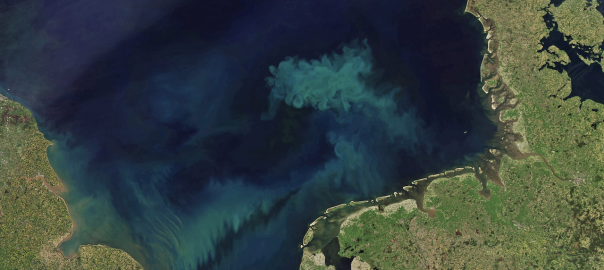
Climate-driven changes in phytoplankton communities will intensify the blue and green regions of the world’s oceans. New work from Darwin researchers Stephanie Dutkiewicz and Oliver Jahn. Continue reading Study: Much of the surface ocean will shift in color by end of 21st century
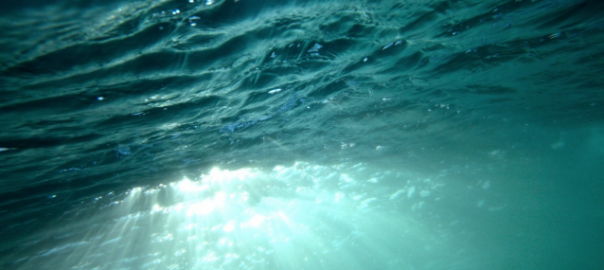
The Darwin Project’s Emily Zakem, Stephanie Dutkiewicz and Mick Follows show that physiological constraints and resource competition between phytoplankton and nitrifying microorganisms in the sunlit layer can yield this ocean trait. Continue reading Understanding Microbial Competition for Nitrogen
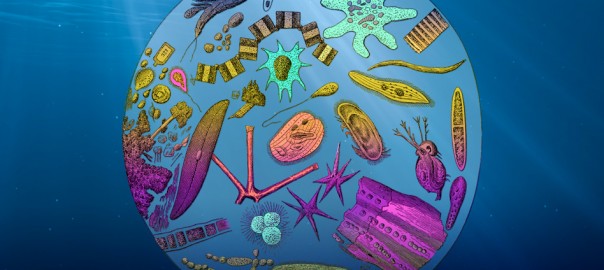
Study from Follows Group finds large amounts of carbon dioxide, equivalent to yearly U.K. emissions, remain in surface waters. Continue reading Rising Temperatures are Curbing Ocean’s Capacity to Store Carbon
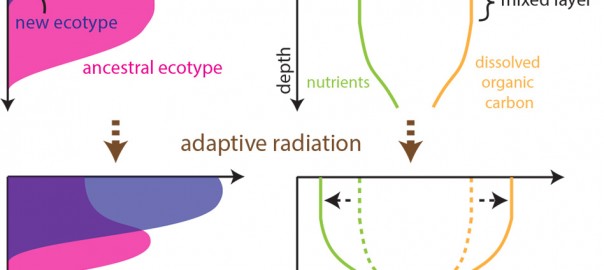
Ubiquitous marine organism has co-evolved with other microbes, promoting more complex ecosystems. Continue reading Tiny bacterium provides window into whole ecosystems
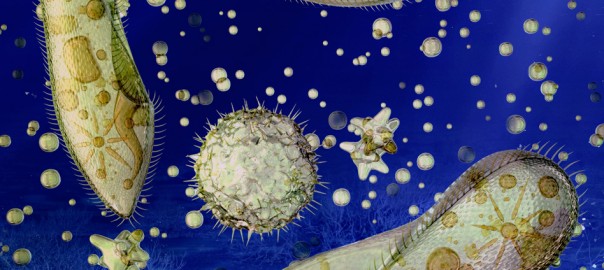
Graduate Student Emily Zakem and advisor Mick Follows find bacteria can survive in marine environments that are almost completely starved of oxygen. Continue reading New study sets oxygen-breathing limit for ocean’s hardiest organisms.
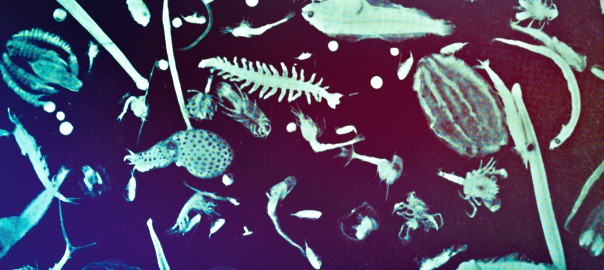
According to a new study from Darwin Project researchers Ben Ward and Mick Follows some tiny plankton may have big effect on ocean’s carbon storage. Continue reading Living a “Mixotrophic” Lifestyle
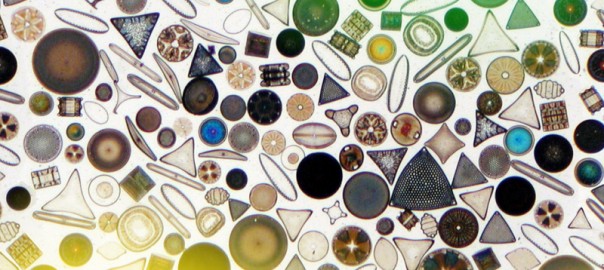
Study led by principal research scientist Stephanie Dutkiewicz finds many species may die out and others may migrate significantly as ocean acidification intensifies. Continue reading Ocean acidification may cause dramatic changes to phytoplankton
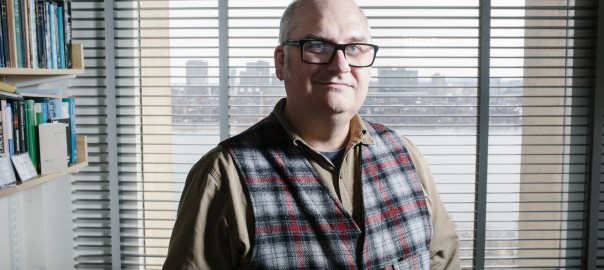
Using tiny marine microbes to model climate change: MIT News profiles Darwin’s Mick Follows Continue reading An Ocean of Opportunity
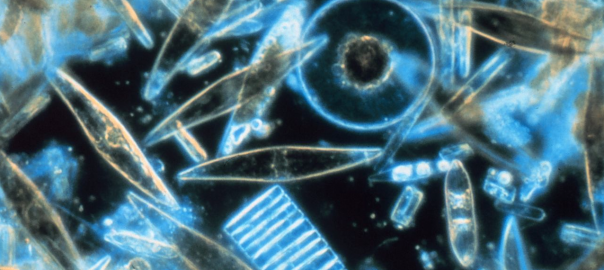
With an infusion of funds from the Simons Foundation, a collaboration Darwin Project lead Mick Follows and other MIT researchers and colleagues will break new ground in the study of marine microbes. Continue reading Broadening the ‘SCOPE’ of microbial oceanography